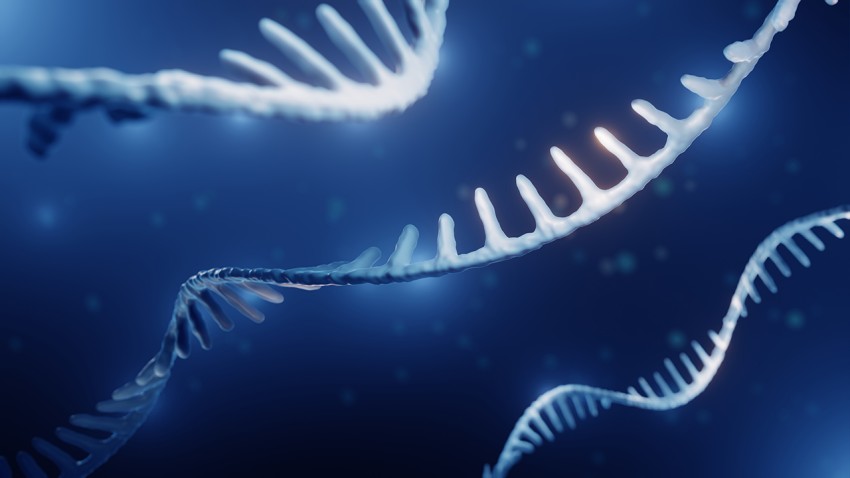News
A Cornell-led collaboration developed machine-learning models that use cell-free molecular RNA to diagnose pediatric inflammatory conditions that are difficult to differentiate.
Obtaining a heart rate in reptiles can be difficult, but researchers have identified an easy-to-reach spot to obtain a pulse rate, which matches the heart rate in healthy reptiles.
Students from all of Cornell’s schools and colleges can explore these opportunities.
New data summaries from the Cornell Lab of Ornithology’s eBird platform will help state wildlife planners assess the status of bird populations that live in or pass through their state – a crucial tool in protecting species.
The Cornell Lab of Ornithology is celebrating the reopening of its newly redesigned Visitor Center with a free event, including a special edition of its annual Migration Celebration. The event is Sept. 14, from 10 a.m. to 4 p.m.
Peter John Loewen is excited to support faculty, meet students and share the story about the value of a liberal arts education.
Researchers studying artificial intelligence training data and treatment of swelling linked to breast cancer are among the eight Cornell assistant professors who recently received National Science Foundation Faculty Early Career Development Awards.
Study opens the door to exploring new targets for therapies for fibrolamellar carcinoma, which does not respond to conventional treatments and leaves patients with approximately a year to live on average once it is detected.
Scientists build a small "outhouse" to collect fecal samples from woodpeckers. They want to uncover the role that woodpeckers play in the emerald ash borer invasion.
Cornell AgriTech researchers showcased digital agriculture projects during a “Space for Ag Tour” by NASA leaders to better understand the remote sensing needs of specialty crop growers.










